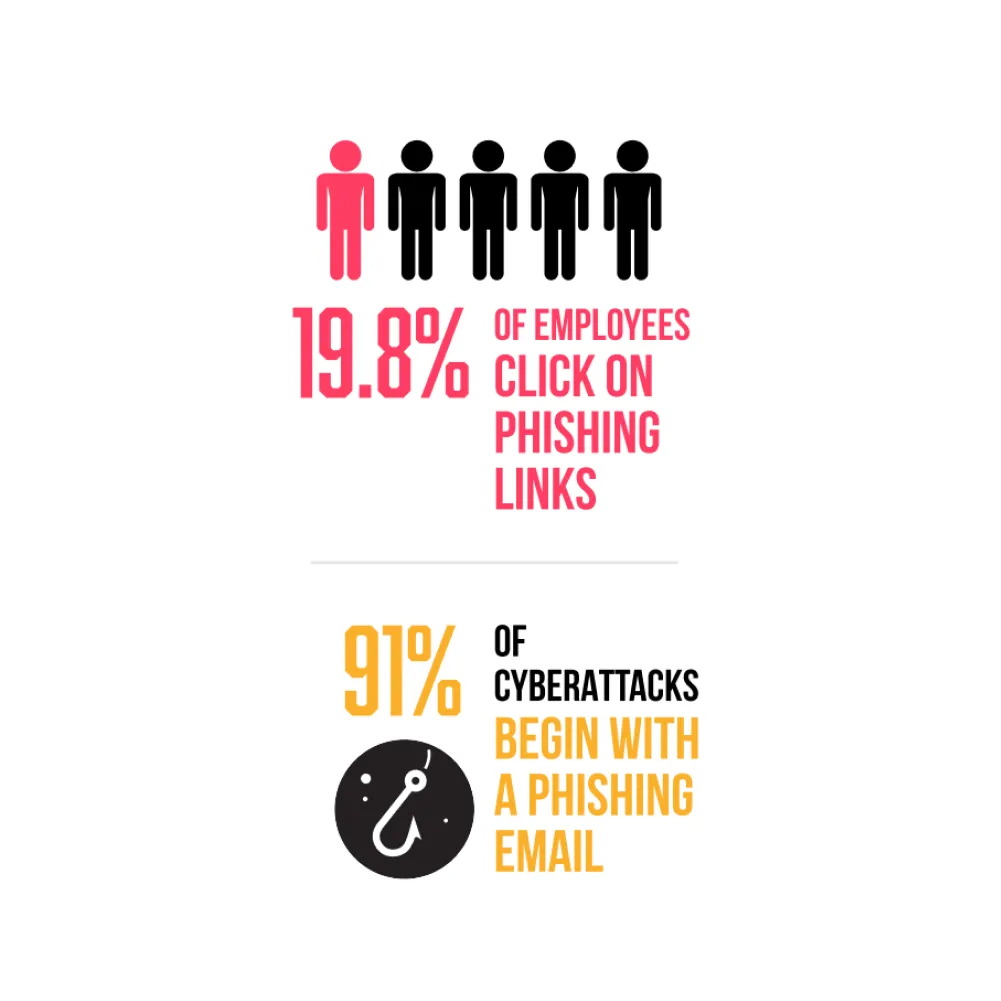In the fast-paced and ever-evolving digital age, small business owners navigate a landscape rife with unprecedented opportunities and formidable challenges. As technology continues to revolutionize how businesses operate, it simultaneously introduces a host of complexities that can be daunting for small enterprises to manage.
Unlike their larger counterparts, small businesses often lack the extensive resources and dedicated IT departments to integrate new technologies and safeguard against digital threats seamlessly. Consequently, the journey to harnessing the full potential of technology is often fraught with obstacles that demand strategic foresight and adaptability. Engage with our professionals at IT Support Monroe to tackle the significant technology problems in your business.
In this article, we’ll explore some of the most common tech problems small business owners must overcome and provide actionable insights on how to address them effectively.
10 Common Tech Challenges For Small Business
1. Cybersecurity Threats
Cybersecurity threats have become a significant concern for small business owners in the digital age. With the increasing reliance on technology and online platforms, businesses are more vulnerable to cyber attacks than ever. These threats can come in various forms, such as malware, phishing scams, ransomware, and data breaches. Small businesses are particularly at risk due to limited resources and expertise in cybersecurity measures.
To overcome technology problems, small business owners should invest in robust cybersecurity solutions, educate employees about best practices for online security, regularly update software and systems, and implement strong password policies. By staying vigilant and proactive in addressing cybersecurity threats, small business owners can better protect their valuable data and operations from potential cyber-attacks.
2. Limited IT Budget
Limited IT budgets can pose significant challenges for small business owners in the digital age. With technology playing an increasingly crucial role in business operations, having restricted funds for IT infrastructure and support can hinder a company’s ability to innovate and compete effectively. Small businesses often struggle to prioritize their IT spending, leading to outdated systems, cybersecurity vulnerabilities, and inefficiencies in their tech setup.
To overcome this challenge, small business owners should consider outsourcing IT services, leveraging cost-effective cloud solutions, and investing strategically in technology that aligns with their business goals. By proactively addressing their IT budget’s limitations, small business owners can enhance their operational efficiency and stay competitive in today’s digital landscape.
3. Data Backup and Recovery
Data backup and recovery are critical aspects that small business owners must prioritize in the digital age. Reliance on technology for various business operations makes data vulnerable to loss due to hardware malfunctions, cyber-attacks, or human error. Implementing a robust data backup strategy ensures that essential information is securely stored and can be retrieved during an unexpected data loss incident.
Small business owners should consider solutions such as cloud storage, external hard drives, or automated backup systems to safeguard their valuable business data effectively. By partnering with our Shreveport Managed IT Services, businesses can mitigate the risk of significant disruptions and protect their operations from potential losses.
4. Integration Issues
Integration issues are a common challenge that small business owners face in the digital age. As businesses adopt various tech solutions to streamline operations and enhance productivity, ensuring seamless integration between different systems can be complex. From integrating customer relationship management (CRM) platforms with accounting software to syncing inventory management systems with online sales channels, compatibility issues can arise, leading to inefficiencies and data discrepancies.
To overcome integration challenges, small business owners should prioritize selecting tech solutions that offer robust integration capabilities or invest in middleware tools that facilitate communication between disparate systems. Additionally, seeking expert advice from IT professionals or software vendors can help address integration hurdles and optimize the business’s overall tech infrastructure.
5. Keeping Up with Technology Changes
Keeping up with technology changes can be a significant challenge for small business owners in the digital age. The rapid pace of technological advancements means staying current with the latest tools and trends, which is crucial for maintaining competitiveness. Small businesses often face limitations in terms of budget and resources, making it even more challenging to invest in new technologies.
To overcome this challenge, small business owners should prioritize continuous learning and training for themselves and their employees. Additionally, forming partnerships with technology experts or outsourcing specific tech-related tasks can help small businesses stay up-to-date without overwhelming their internal resources.
6. Managing Remote Work
In the digital age, managing remote work has become a common tech challenge that small business owners must overcome. With the increasing trend towards remote work arrangements, businesses are faced with effectively coordinating teams across different locations.
To address this challenge, small business owners can implement various tech solutions such as project management tools, communication platforms, and virtual meeting software to ensure smooth collaboration and productivity among remote team members. Additionally, establishing clear guidelines and expectations for remote work practices can help mitigate the potential challenges of managing a dispersed workforce in the digital era.
7. Hardware and Software Maintenance
Small business owners in the digital age often face hardware and software maintenance challenges. Maintaining regular maintenance tasks for hardware and software is crucial to ensure smooth operations and prevent potential issues that could disrupt the business.
Hardware maintenance involves tasks such as updating systems, replacing outdated equipment, and ensuring proper device functioning. Software maintenance, on the other hand, includes installing updates, monitoring performance, and addressing any bugs or glitches that may arise. Small business owners can mitigate tech-related challenges by prioritizing regular hardware and software maintenance and running their operations efficiently in today’s digital landscape.
8. Employee Training
Employee training is crucial for overcoming common tech challenges faced by small business owners in the digital age. As technology continues to advance rapidly, ensuring that employees are equipped with the necessary skills and knowledge to utilize new technologies effectively is essential for a business’s success.
Investing in regular training programs can help employees stay up-to-date with the latest technological developments, improve their efficiency, and boost overall productivity. Small business owners can empower their workforce to adapt to technological changes and drive innovation within the company by prioritizing employee training.
9. Scalability Issues
Scalability remains a common tech challenge that small business owners face in the digital age. As businesses grow, they often need help expanding their operations efficiently and effectively to accommodate increased demands. Scalability issues can arise from outdated technology infrastructure, limited resources, or inadequate planning for future growth.
To overcome these challenges, small business owners must invest in scalable technologies, implement flexible systems that adjust to changing needs, and develop strategic plans that anticipate future growth requirements. By addressing scalability concerns proactively, small business owners can position their companies for long-term success in the competitive digital landscape.
10. Vendor Management
Vendor management is a crucial aspect that small business owners must address to overcome common tech challenges in the digital age. Effectively managing vendors involves establishing solid relationships, ensuring compliance with contracts, monitoring performance metrics, and fostering open communication channels.
By maintaining a proactive approach to vendor management, small business owners can optimize their technological resources, enhance operational efficiency, and mitigate risks associated with third-party dependencies. Prioritizing vendor management allows businesses to streamline processes, improve service delivery, and adapt to the rapidly evolving digital landscape.
In Conclusion
The digital age presents small business owners with various tech challenges, ranging from cybersecurity threats to the need to adapt to new technologies and maintain a strong online presence. Overcoming these obstacles demands a proactive approach, encompassing investments in reliable IT support, staying abreast of emerging trends, and prioritizing cybersecurity measures. By directly addressing these challenges, small businesses can leverage technology to propel growth, enhance operational efficiency, and sustain competitiveness within a continually evolving digital landscape.



